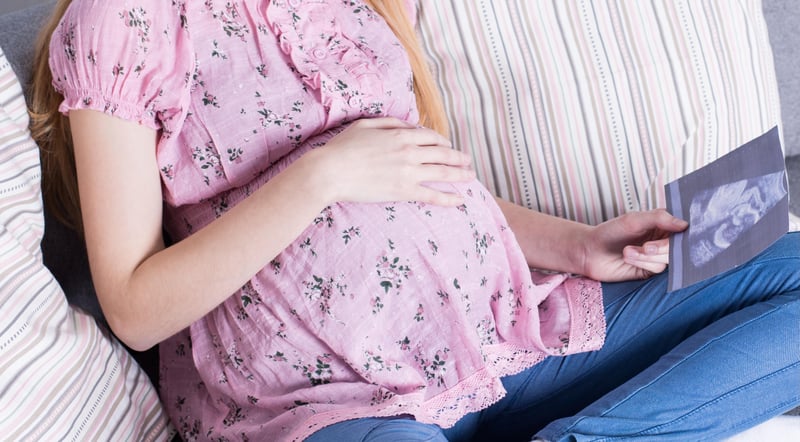Get Healthy!

- Cara Murez
- Posted May 17, 2023
COVID Pandemic May Have Heightened Women's Fears Around Pregnancy
Many American women fear childbirth, and the COVID-19 pandemic did not calm those feelings, new research shows.
"Our results showed really high rates of childbirth fear in our sample," said Zaneta Thayer, co-author of a new study and an associate professor of anthropology at Dartmouth College in Hanover, N.H.
Moreover, childbirth fear was linked to higher odds for preterm birth, the researchers found.
"Since there's no pre-pandemic U.S. data, we cannot compare our data to that context but we know that the rates are very high compared to other international studies on the subject that have been published pre-pandemic," Thayer said in a college news release.
About 62% of study participants had clinically high levels of childbirth fear, also known as "tokophobia," the researchers found.
The figure among Black mothers was much higher. They had a 90% higher chance of having childbirth fear than white mothers, which may reflect experiences with racism during their obstetric care, the study authors said.
The researchers also found that people in the lowest household income category, $50,000 or less per year, and those with no college degree had high levels of childbirth fear.
High-risk pregnancy, prenatal depression and a pre-existing health condition were also associated with childbirth fear.
For the study, the researchers used data from an online survey conducted from April 2020 to February 2021. It included prenatal data from 1,775 participants and postpartum data from 1,110 of the participants one month after their due date.
About 87% of the study participants were white. More than half (54%) were from households with an income of more than $100,000 per year.
Those with a childbirth fear had a 91% higher chance of having a preterm birth of less than 37 weeks' gestation. The authors did not find an association between low birth weight and childbirth fear.
The study participants had some fears specific to the pandemic, such as fear they would not have their support people with them during labor, that if they became infected with the virus, their baby would be taken away or that they might give COVID-19 to their baby.
"One of the motivations for this research was that the environment in which people give birth has changed over the last 100 years," Thayer said. "At the turn of the century, most births were happening at home and families often had multiple children, so people's familiarity with birth was a lot greater, but now, nearly all births in the U.S. take place in a hospital. Nowadays, for many women, the first time they experience birth is when they are giving birth themselves, which can contribute to stress and anxiety."
Maternal health care should address childbirth fear, said Thayer. Treating this fear can reduce it and improve a woman's confidence about giving birth, she added.
"Our findings illustrate that pregnant people are stressed in the U.S. birth environment and that they are not getting the emotional support they need," Thayer said. "And the COVID-19 pandemic just added to those fears."
The study findings were published recently in Evolution, Medicine, & Public Health.
More information
The U.S. Centers for Disease Control and Prevention has more on mental health in pregnancy.
SOURCE: Dartmouth College, news release, May 12, 2023

